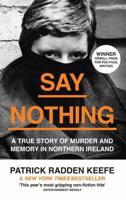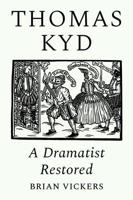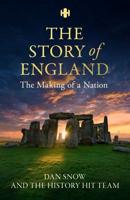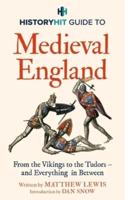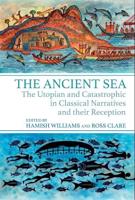Publisher's Synopsis
Public speech was a key aspect of politics in Republican Rome, both in theory and in practice, and recent decades have seen a surge in scholarly discussion of its significance and performance. Yet the partial nature of the surviving evidence means that our understanding of its workings is dominated by one man, whose texts are the only examples to have survived in complete form since antiquity: Cicero. This collection of essays aims to broaden our conception of the oratory of the Roman Republic by exploring how it was practiced by individuals other than Cicero, whether major statesmen, jobbing lawyers, or, exceptionally, the wives of politicians. It focuses particularly on the surviving fragments of such oratory, with individual essays tackling the challenges posed both by the partial and often unreliable nature of the evidence about these other Roman orators-often known to us chiefly through the tendentious observations of Cicero himself-and the complex intersections of the written fragments and the oral phenomenon. Collectively, the essays are concerned with the methods by which we are able to reconstruct non-Ciceronian oratory and the exploration of new ways of interpreting this evidence to tell us about the content, context, and delivery of those speeches. They are arranged into two thematic Parts, the first addressing questions of reception, selection, and transmission, and the second those of reconstruction, contextualization, and interpretation: together they represent a comprehensive overview of the non-Ciceronian speeches that will be of use to all ancient historians, philologists, and literary classicists with an interest in the oratory of the Roman Republic.




